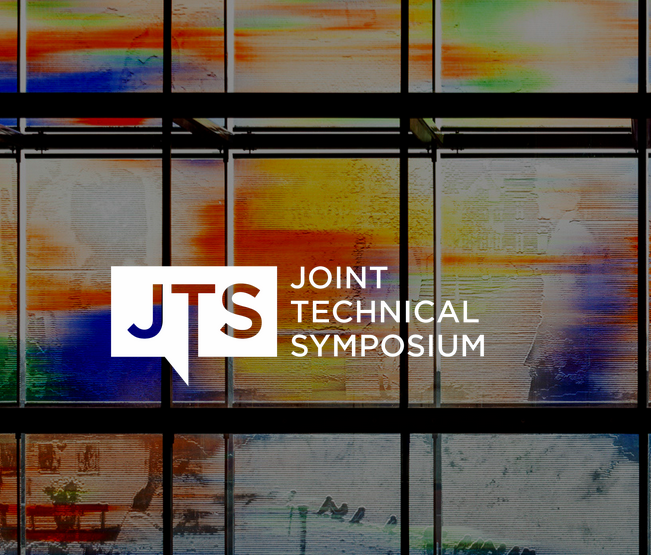The Joint Technical Symposium will take place on 4-5. October 2019 in Hilversum, Netherlands. Members of New Phonograph team, Anthony Allen and Martin Mejzr will be presenting their paper titled New Phonograph: Enthusiasm and Inspiration as a Driving Force: How to leverage your content to overcome budgetary constraints.
Annotation:
In May of 2018, the National Museum of the Czech Republic set in motion a project aimed at preserving the diverse collections of mechanical audio carriers strewn across the nation. While funding for the project proved generous – in context of other national cultural grants – the scope of the problem at hand could not easily be accounted for when project planning was underway. As such, it has given way to a project that depends on an agile, resourceful approach as a matter of course. We have come to thrive from a cross-disciplinary team united in enthusiasm for audio. A mix of part-time workers and contractors, whose knowledge is not limited to one aspect of the work, has allowed us to address a multitude of problems that have risen, mainly, from a lack of funding. From building our own holders for cleaning records to taking a ‘develop-it-yourself’ approach to software tools, the team has drawn from each others’ knowledge and interests to navigate budgetary constraints.
Developing relationships with experts and suppliers has been instrumental in overcoming our limitations. Those who visit, assess and grow to understand the purpose of their product within the archival environment have been invaluable to our progress. One strong partnership alone has helped us design custom carts and trolleys for transporting our audio objects, as well as sourcing appropriate labels, sleeves, boxes for long term storage and many other essential supplies at a fraction of the cost. We also secured a generous donation of equipment from Radio Free Europe, allowing us to overcome the ever-thinning market for used playback machines. In an attempt to rethink the way methodologies are used, we have taken inspiration from language books, infographics and more, to design the methodologies included in our research outcomes in such a way that they are accessible and offer a user journey which can be followed by those with only a basic understanding of audio documents. Furthermore, we have begun designing a ‘first aid kit’ for audio, a simple handbook which offers an at-a-glance overview of how to handle the most common at-risk audio formats. With a clean slate to start from, we are taking advantage of the breadth of technology, design and other resources now so easily available to ensure the project is a success despite financial limitations. To ensure our learning process is carried on to the next generation of archivists, the project has also begun to drive education across multiple trajectories. This has seen the launch of university courses and has given rise to discussions with collection owners across the nation. The legacy of this research project will be a newfound concern for historical media within the Czech Republic, and a customised centre for audio document preservation in which to do it.
The full program can be found here.


